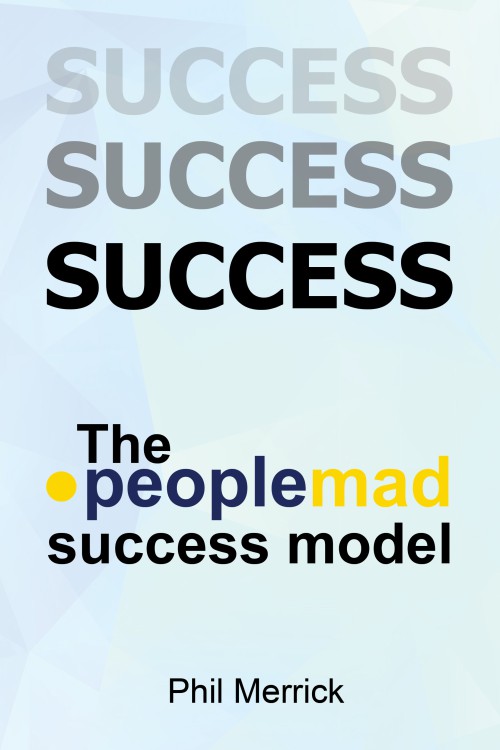The Peoplemad Success Model
A platform on which to build future success, covering the key elements needed to be successful. Learn how to take control, develop a strategy, get the right people, get the right people doing the right things, create the right environment, build your own capability and get you and your team all behaving as leaders. Phil Merrick is the founder of Peoplemad Ltd, a Fellow of the Institute of Leadership Management, an Advisory Board Member of the Youth Charter, a Business Mentor for Business Wales and a former senior executive with one of the biggest banks in Europe.He has a track record of building high performing teams and has spent a great deal of his career in trouble shooting roles helping businesses improve performance, particularly through the organisation and management of people. Phil is now focused on helping people improve performance using the Peoplemad Success Model © which he has developed to make the process easier for people.




